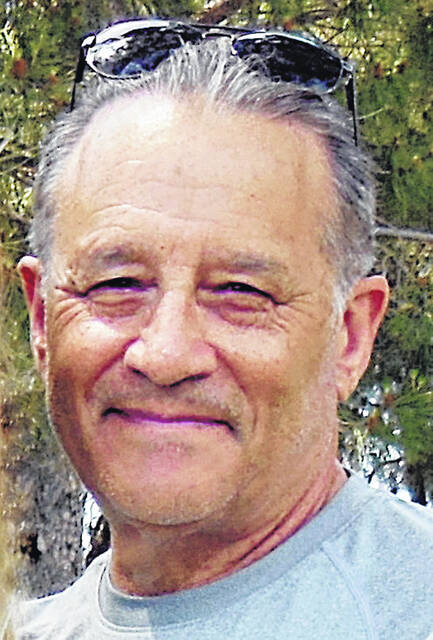
Not too long ago, I was having a conversation with a friend, the former Deputy Assistant Secretary of State for Intelligence Coordination, also the recipient of the National Intelligence Communities Distinguished Service Medal. The conversation had wandered almost inevitably to concerns about the state of our nation, in particular, the state of our politics. While it was just the two of us, I’m quite sure we were not alone on this day having this kind of conversation.
I was in the process of expressing my concerns about how unserious some Americans seemed to be, almost an adolescent indifference to the global forces challenging our nation and its leadership today, and the divisiveness of our politics and ideologies. Her take on all this didn’t do much to calm my fears.
She expressed her pessimism about the future we face. “Democracy is in peril,” she said and then, “I just wish we as a nation had some shared bedrock of accepted values and truths. I’m not sure we do anymore; so, the government will always be second-guessed for politicizing our counterattacks on autocracy. Our politicians and political agitators reflect not on the significance of facts but rather on the ‘what-aboutism’ of infowar, where the only objective is defeating all others.”
In a somewhat related event this week, Brian Williams, a three-decade-long news journalist for NBC, announced he would be leaving the network to explore other paths forward. In his sign off he expressed a similar sense of pessimism with a perspectival warning. He said, “My biggest worry is for my country… I’m not a liberal or a conservative, I’m an institutionalist. I believe in this place and in my love of country. But the darkness on the edge of town has spread to main roads. Grown men and women who swore an oath to our constitution, elected by their constituents, have decided to join the mob and become something they are not. This should scare us to no end.”
Williams went on to say that he would wake up tomorrow to an America “unrecognizable” by those who came before him to fight for the country, clearly alluding to the so-called “Greatest Generation,” who changed the course of human events during and after the Second World War.
I’m not sure if the social “virus” implicitly infecting us here is rooted in social media and its systemic effects on our politics and our society or if it’s that, and the gang-like coarsening of our “in-the-moment” partisan politics. Our zero-sum political actions in Washington and our state legislatures are seemingly scored on a day-to-day basis of gotcha gamesmanship, where partisanship trumps practicality in a time of existential threats to our nation, domestically and abroad.
As a student and trained teacher of history, I inveterately revert to history for perspective because I believe history is a time-tested truth machine. I was struck by a book recently published called “The American Story,” available by the way at the Hillsboro Library. It’s a collection of conversations with master historians by David M. Rubenstein about icons in American history.
In a chapter conversation with historian David McCullough on John Adams, McCullough provides exceptional perspective on matters of the moment and matters of true historical importance. He reveals the following:
“At the National Statuary Hall in the U.S. Capitol, there’s a piece of sculpture to commemorate the goddess of history, Clio. She’s riding in her chariot and there’s a clock on the side of the chariot, and she’s writing in her book. The idea of putting the statue there was that the members of Congress would look up to see what time it is. That clock still keeps perfect time. That’s a Simon Willard clock, made in Massachusetts about 1850. They would look up to see what time it is, and they would be reminded that there was another time – history – and that what you’re saying today and what you’re doing today here on the floor of this legislative assembly is going to be judged in time to come, in the long run. There’s present-day time and there’s the time of history. And the best and most effective people in public life, without exception, have been the people who had a profound and very often lifelong interest in history. You have to understand history in order to understand who we are, why we are the way we are, and where we might be going. And that you are going to be judged by history, not just by tomorrow’s headlines.”
I have a profound sense that this is a lesson worth digesting not only for the current leadership of our nation but by their constituents among the 50 states of our union. We are not the sailors of our ship just for today, but we are sailors with responsibility for our ship over time, and history will judge us accordingly.
Bill Sims is a Hillsboro resident, retired president of the Denver Council on Foreign Relations, an author and runs a small farm in Berrysville with his wife. He is a former educator, executive and foundation president.


